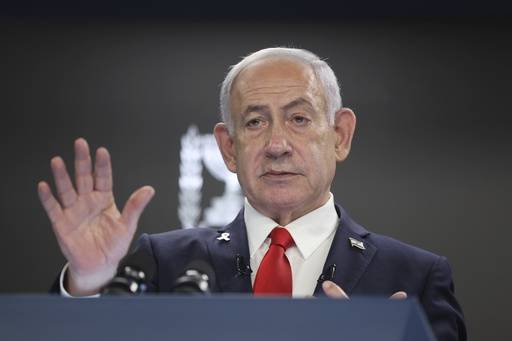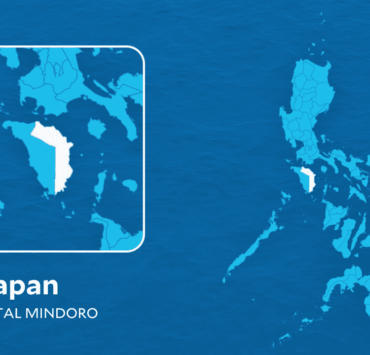Australia to affirm Palestinian state

Prime Minister Anthony Albanese announced on Monday that Australia will recognize the State of Palestine when the 80th session of the United Nations General Assembly convenes in September.
In an official statement, Albanese said the recognition would be “to contribute to international momentum towards a two-state solution, a ceasefire in Gaza and release of the hostages.”
In his statement, Albanese said Australia has supported Israel since 1947, when Canberra also proposed a Palestinian state to co-exist with the Jewish state.
“Then, as now, the international community understood a two-state solution was the basis of peace and security for the peoples of the region,” the Australian premier’s statement said.
Albanese said the recognition of Palestine would help “break the cycle of violence in the Middle East.”
He then accused Netanyahu’s government of “extinguishing the prospect of a two-state solution by rapidly expanding illegal settlements, threatening annexation in the Occupied Palestinian Territories, and explicitly opposing any Palestinian state.”
‘Rabbit hole’
Israeli President Benjamin Netanyahu however said the recognition of a Palestinian nation “would not bring peace” and Australia and some European nations of doing so was “shameful”.
“To have European countries and Australia march into that rabbit hole … fall right into it and buy this canard is disappointing. It’s actually shameful,” Netanyahu said in a broadcast aired over ABC News Australia.
A day before the Australian leader’s announcement, Netanyahu said “any country would do” what Israel has done “when faced by a genocidal terrorist organization that has performed the worst on Jews since the Holocaust.”
He chided Canberra that it would do what Israel was doing but “probably not [as] efficiently, as precisely, as we are doing it.”
Commitments
Australia, Albanese said, would be holding the Palestinian Authority’s commitments to help normalize relations with Israel. It is also encouraged by the demand of the Arab League for Hamas to end its rule over Gaza and surrender its weapons.
On Sunday, Israel claimed responsibility for the death of an Al Jazeera correspondent in an airstrike earlier that day.
Al Jazeera correspondents Anas al-Sharif and Mohamed Qureiqa were outside Shifa Hospital in Gaza City when killed.
Hospital officials said four other journalists and two other people died with them.
Israel’s military described al-Sharif as the leader of a Hamas cell—an allegation that Al Jazeera and al-Sharif had previously dismissed as baseless.
Israeli army officials first accused al-Sharif and other Al Jazeera journalists last year of being members of Hamas and Islamic Jihad.
In a July 24 video, Israel’s army spokesperson Avichay Adraee attacked Al Jazeera and accused al-Sharif of being part of Hamas’ military wing.
Al Jazeera called Sunday’s strike a “targeted assassination” and accused Israeli officials of incitement, connecting al-Sharif’s death to the allegations that both the network and correspondent had denied.

















